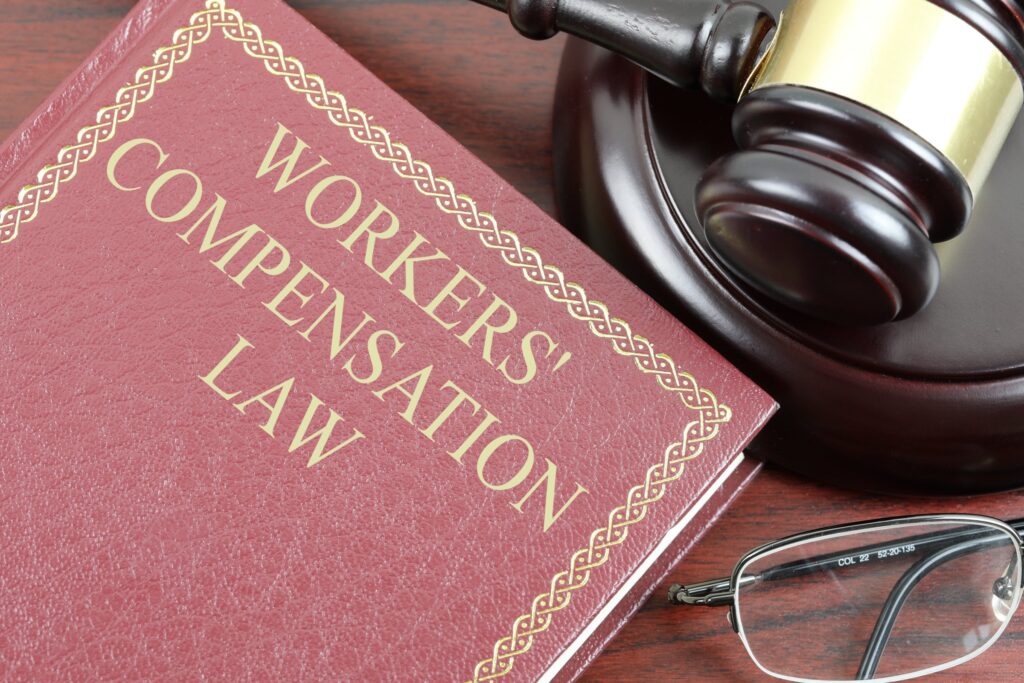A major scandal has erupted within Somalia’s judicial system after the Office of the Auditor General of Somalia (OAGS) revealed that the nation’s top courts, including the Supreme Court, the Court of Appeals, and the Banadir Regional Court, deliberately obstructed a critical compliance audit.
The OAGS, in its official press release, disclosed that audit engagement letters were sent to the courts on January 25, 2025, as part of the Annual Overall Audit Plan (AOAP) for the 2024 financial year. Shockingly, all three courts failed to acknowledge receipt, despite multiple follow-ups attempts via emails, direct phone calls, and personal delivery by senior OAGS officials.




